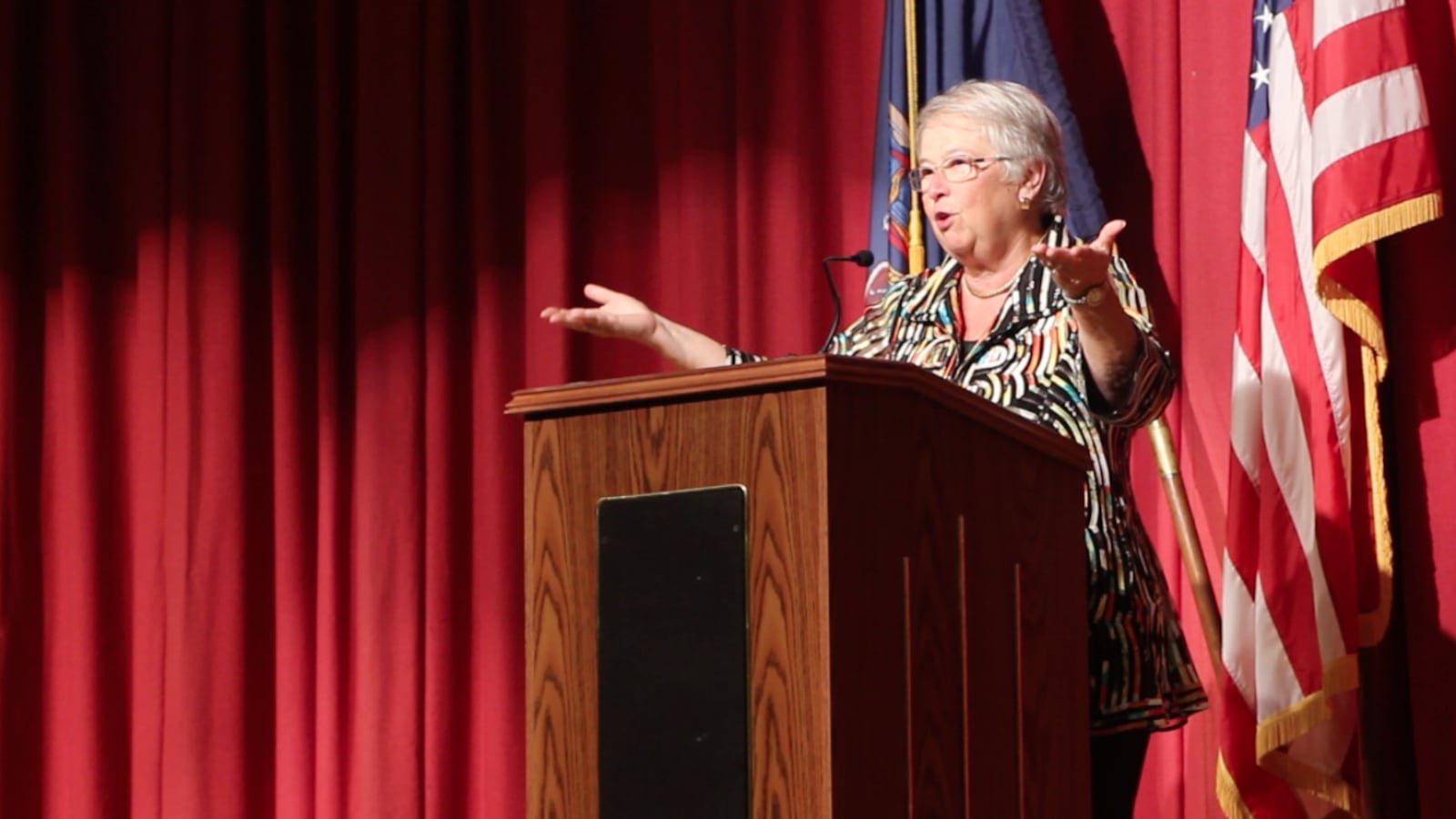Updated 4:55 p.m. — The city has hired the powerful directors of the new support centers that will soon help schools with every part of their work, from hiring and training staffers to handling safety issues, officials announced Monday.
The directors will manage seven new “borough field support centers,” which Chancellor Carmen Fariña created this year to replace a system of about 55 school-support networks. The new hires, who start training this week, include leaders of the old support networks, current education department officials, a Brooklyn principal, and a Boston school official.
They will work within a new Office of Field Support under just-appointed Senior Executive Director Mariano Guzmán, an advisor to the chancellor and a former superintendent. Guzmán ran one of the centers that provided operational support to schools for a time under the previous administration, and was a candidate to become chancellor in the 1990s.
With starting salaries of $138,000, five to six deputies, and staffs likely to number in the dozens, the directors will play a crucial role in making sure the city’s 1,600 district schools get the support they need. And they must begin to do all of that on a tight timeline: The new centers must be fully staffed and operational by this summer, ready to help schools start next academic year under a completely new support system.
“I am thrilled to welcome these seven dedicated, talented educators to their new positions as borough field support center directors and Mariano Guzmán as senior executive director of field support,” Fariña said in a statement, adding that the directors will coordinate with newly empowered superintendents. “I am confident in these leaders’ ability to work closely with superintendents, schools, and DOE leadership as we work to make New York City the best urban school district in the nation.”
One of the directors’ most pressing tasks will be to hire the support center staff members who will help schools with classroom matters, hiring and budgets, health and safety issues, and providing services for English learners and students with disabilities. Hundreds of network employees currently do that work, and they have been told by department officials that they will be able to find positions at the new centers, according to network sources.
However, it is still unclear how the hiring process will work. Fariña has said that one of the purposes of the school-support overhaul was to make sure that all schools have equal access to high-quality resources and specialists. But the city has not said whether it will oversee the hiring process to make sure the directors are not competing for the most experienced and effective staffers.
“Is it going to be a free-for-all, or will there be a system?” one network employee asked soon after the new structure was announced. “Will the borough directors be working together, or will they throw their lassos out in any direction they want to?”
An education department spokeswoman said the agency would provide guidance during the hiring process, but that directors will make the final decisions. She did not provide an estimate of how many staffers each director will bring on, but said the size of their teams will depend on the needs of the schools they serve.
The new directors include: Yuet Chu, a network leader who will oversee Manhattan’s support center; Lawrence Pendergast and Marlene Wilks, network chiefs who will lead Queens’ two centers; Jose Ruiz, who oversaw several networks as a “cluster” leader and will direct the Bronx center; Bernadette Fitzgerald, the principal of P.S. 503 in Sunset Park, and Cheryl Watson-Harris, a senior Boston education department official and former Brooklyn principal, who will lead that borough’s pair of centers; and Kevin Moran, a department official who oversees school operations, who will direct Staten Island’s center.
The city is still figuring out where to put the new directors and their teams. One idea is to house them in the same buildings as the borough enrollment centers, which is where the superintendents and their small teams will now work, city officials said last month.


